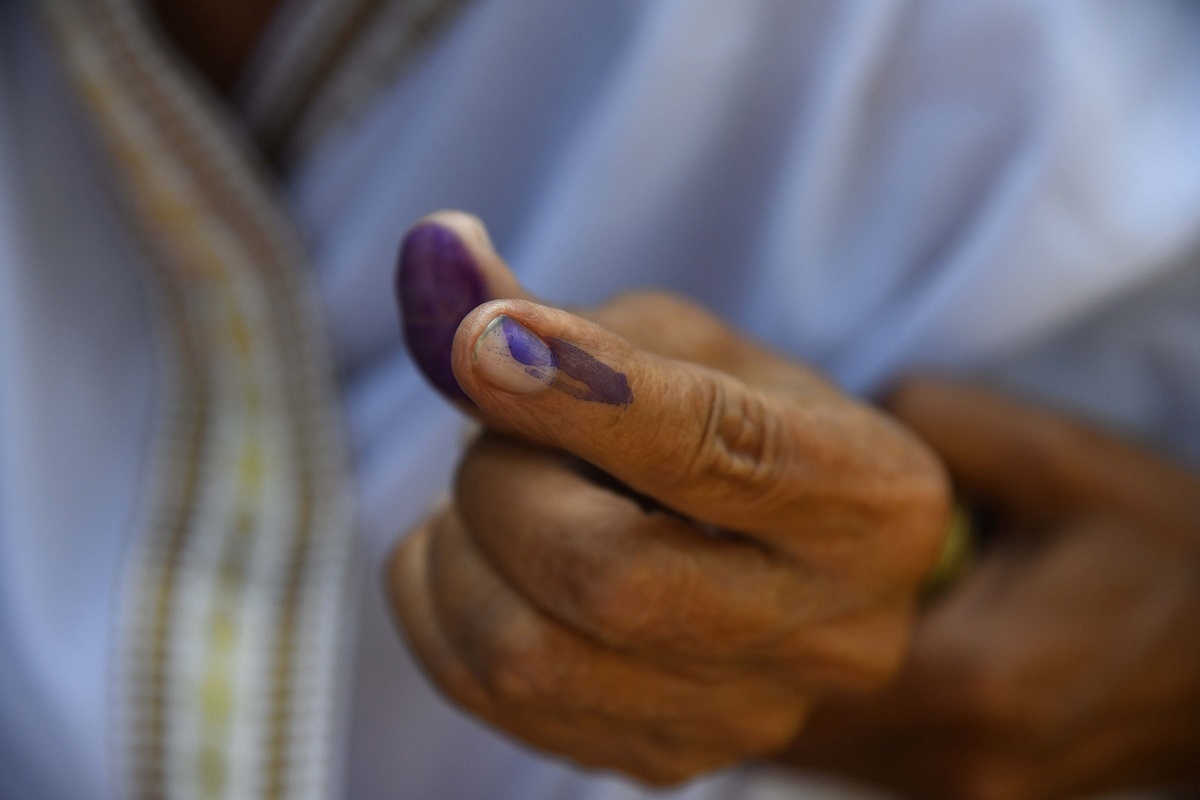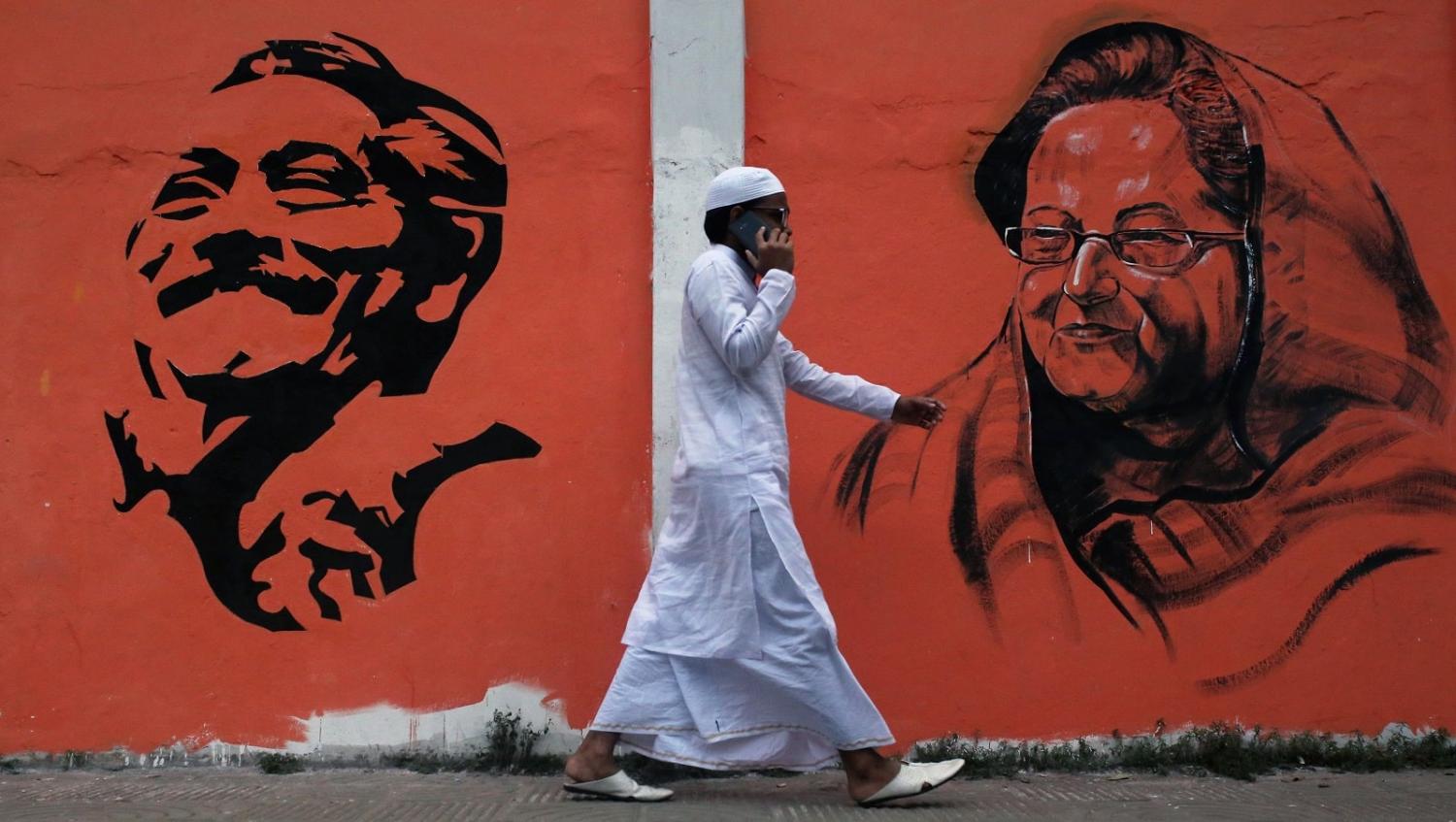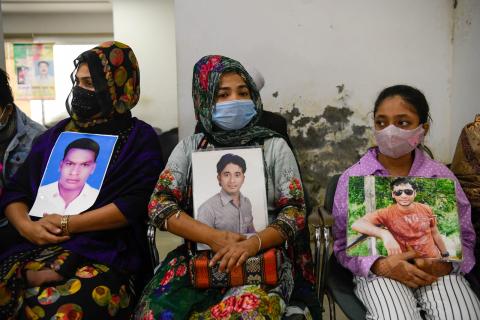If relatively few Australian observers pay much attention to the countries of South Asia, even fewer spend time thinking about the domestic politics of these nations. But Australia’s economic and strategic future is becoming ever more entwined with its western neighbours. Over the coming nine months or so, a string of elections will take place in Maldives, Pakistan, Bangladesh and India that will have significant consequences for those countries, the region, and Australia.
Let’s take a look at four upcoming national elections in South Asia and Australia’s equities in the outcomes.
First off the block is presidential elections in the tiny island state of Maldives in September. This pits the incumbent President Ibu Solih against former President Abdulla Yameen, who is currently serving time on corruption-related charges. But just this week, the country’s Election Commission disqualified Yameen from running, leaving the opposition in disarray and improving Solih’s chances (although much can still happen over the next month).
Many foreign observers will essentially look at the election in terms of a contest between India and China. Indeed, prior to his election defeat in 2018, Yameen was seen as moving the country into China’s sphere of influence, while in recent years Solih has tilted the country decisively towards India and its Quad partners, Australia, Japan and the United States.
But it is a mistake to see the Maldives election as a proxy contest. Despite its small size, Maldives pursues its own interests and foreign policy. Nevertheless, a win by Solih would allow Maldives to continue on its path of reinforcing governance and democratic institutions. A Solih government would also likely continue to be disposed towards greater Australian engagement on issues such as maritime security and climate change.

Next is Pakistan, which is due to hold general elections in October. This will pit incumbent Prime Minister Shehbaz Sharif, who is currently backed by the Pakistan Army, against a range of challengers.
These elections will be substantially complicated by Pakistan’s ongoing political and economic crisis. In May, attempts to arrest former Prime Minister Imran Khan on corruption charges led to nationwide riots. Although Khan remains popular, the Army has since moved decisively against him, arresting or exiling his party leaders.
Pakistan is also experiencing a balance of payments crisis, exacerbated by jumps in global energy and food prices. It may be on the brink of defaulting on its substantial foreign debts, including to China. But Pakistan has found little sympathy in Washington for its economic woes, and even traditional friends in the Gulf have been cautious in providing help, as has Beijing. An International Monetary Fund emergency loan signed in July may have staved off immediate default, but there are real doubts about Pakistan’s willingness to comply with conditions.
Bangladesh is due to hold elections in early January, which will almost certainly see the incumbent Prime Minister Sheikh Hasina returned to power. Opposition parties, including a growing range of Islamist groups, are likely to be further marginalised from the formal political system. Although widespread protests are expected, there is every reason to believe that Hasina will keep her iron grip on all the levers of power, including the security forces.
But despite many flaws, including widespread corruption, Bangladesh is an emerging middle power in the region. Sustained economic growth over decades has given it a per capita GDP greater than India and makes it a promising new economic partner for Australia.
Last and far from least is the regional giant India, which will hold national elections between April and May 2024. Although it styles itself as the world’s biggest democracy, the current government under Prime Minister Narendra Modi has come under growing criticism over its poor treatment of minorities. This has triggered backlashes, including widespread protests by Muslim groups, campaigns by Sikhs for an independent Khalistan, and bloody riots in the Christian majority state of Manipur.
Growing discontent with the Modi government among parts of the Indian electorate means that its large majority in parliament is likely to face significant challenge. However, no clear national opposition leader has yet emerged, and it currently seems more likely than not that Modi will hold on to power.
There is no single uniting theme to these elections, although in all four countries, the incumbent leaders currently seem more likely than not to win. Polls in each of the countries will be contested overwhelmingly on domestic issues, including the ability to deliver stability and prosperity and concerns over corruption. The good news is that they are all democracies, if flawed to varying degrees.
Australia’s interests in these countries differ considerably, but there is an overriding interest in political stability as a basis for economic prosperity. Of course India, with its massive population and economy, makes it a crucial partner as Australia diversifies its economy away from China. But others are also important to Australia’s economic future, particularly Bangladesh.
Australia has important strategic equities at play. India as a first rank Indo-Pacific partner. Bangladesh as an emerging middle power and potential regional partner. Even tiny Maldives has considerable importance, including as an “unsinkable aircraft carrier” in the middle of the Indian Ocean.
Australia’s interests in Pakistan are more defensive. Principally, Australia wants to see political and economic stability so that nuclear-armed Pakistan will not become a greater problem for the region, including as a major source of refugees. But sustained economic growth seems elusive and Pakistan will likely continue to cede more and more influence to Beijing. Australia can’t stop that happening but should maintain a degree of influence to ensure that its concerns are heard.
Not least, Australia is the home of fast-growing diasporas from India, Pakistan and Bangladesh (as well as from Sri Lanka and Nepal), meaning that the domestic concerns and controversies of South Asia will increasingly become a feature of Australian politics.
In coming months, we’ll be hearing more about the politics of Australia’s subcontinental neighbours. Australia’s strategic and economic interests in South Asian countries will require much greater engagement with and understanding of their domestic concerns and political systems than ever before.

